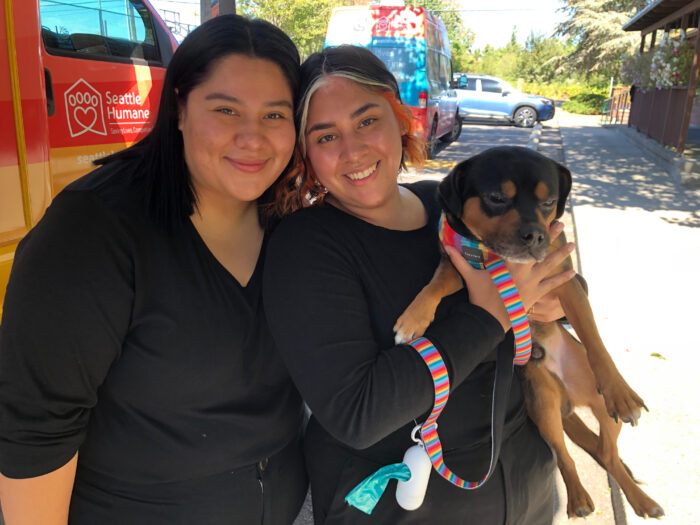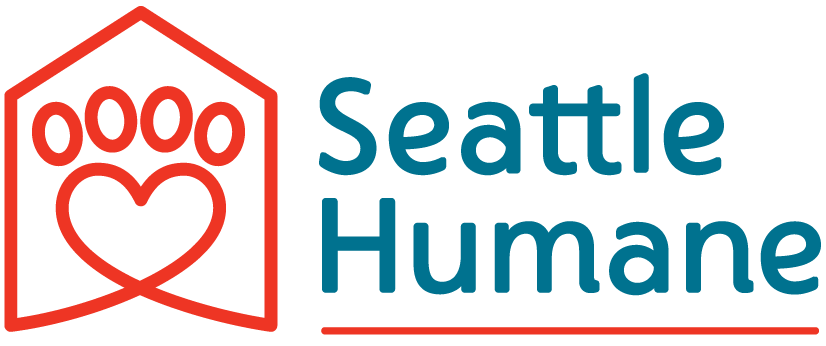
We have constant daily reminders about the importance of getting vaccinated, monitoring our health and wellness, and scheduling regular check-ups to make sure we’re in good shape. These same rules apply to our four-legged friends, and National Pet Wellness Month provides a great opportunity to share how preventative care can save your pet’s life and help you avoid a costly emergency visit in the future.
What is National Pet Wellness Month?
National Pet Wellness Month is an initiative co-sponsored by the American Veterinary Medical Association and Fort Dodge Animal Health, where veterinarians across the country promote year-round pet wellness, which is best achieved through twice-a-year exams. Vets want lifelong and healthy clients, and preventative care not only ensures those pets keep coming back into their clinics, it also reduces the likelihood they’re in a crisis the next time they do.
Keeping Up with Vaccinations
Depending on where you’re getting your pet, they may already have received several vaccinations before being adopted. If you’ve just adopted a puppy or kitten, they won’t have received all of their vaccinations until they are 20 weeks old, so we encourage pet owners not to forget to keep up with these lifesaving vaccines.
A lot of pet owners we see in Seattle Humane’s clinic know their pets need vaccines and boosters, but are uncertain about which types and when, which is why it’s important to make time every six months to bring your pets in for wellness exams and to have a vet keeping detailed records about the preventative care they receive.
Rabies is the most commonly recognized, but we also provide many other preventative vaccines that protect your pets from very serious and life-threatening illnesses, such as panleukopenia, calcivirus and feline rhinotracheitis in cats, and parvovirus, infectious hepatitis and parainfluenza in dogs.
We try our best to save pets diagnosed with these deadly diseases, but treatment is not always effective, especially if they are diagnosed late. They must be isolated from the rest of the pet population and receive frequent monitoring, IV fluids and medications. This kind of exhaustive supportive care is not only resource intensive, it is also very expensive. It is heartbreaking to see pet owners with limited resources being put in the terrible position of either going into severe debt or saying goodbye to a beloved family member. Luckily, fully vaccinated animals are much less likely to contract these illnesses.
Breaking Down Financial Barriers to Pet Ownership
For the longest time, animal shelters and rescues have been focused mostly on spay-and-neuter programs. Thanks to recent changes in Washington state law, Seattle Humane has been able to expand services to include a wellness program focused on pet exams and vaccinations.
Our Community Medicine program – focused on serving low-income pet owners – has been growing steadily since its launch at the outset of the pandemic. We feel we are doing well in navigating this new terrain as we assess what we can do with the resources we have, and state law still limits the number of pets and people we can serve.
What about pet insurance? I’m a big fan of it! It can truly ease the cost of care when an emergency situation arises, but it is important to note that most pet insurance does not cover routine wellness care, and all policies assume the pet owner is responsible for taking their pets in for routine check-ups and vaccinations. If your pet is diagnosed with a disease that could have been prevented with a vaccine, you’re on your own.
Now is the Time
So, if you’ve been putting off making an appointment for your pet, National Pet Wellness Month is a great time to get the ball rolling. Bear in mind that the veterinary medicine field, like many professions, is experiencing a shortage in qualified workers, particularly licensed veterinary technicians. This is affecting many aspects of veterinary care, and means you likely won’t be able to get your pet in for an exam right away, which is why it’s a good idea to make the call sooner than later.
Here’s wishing you and your pets good health and happiness!
Dr. Jessica Reed is the Chief of Veterinary Medicine at Seattle Humane and recent recipient of the 2021 Washington State Veterinary Medical Association (WSVMA) Veterinary Service of the Year Award.

